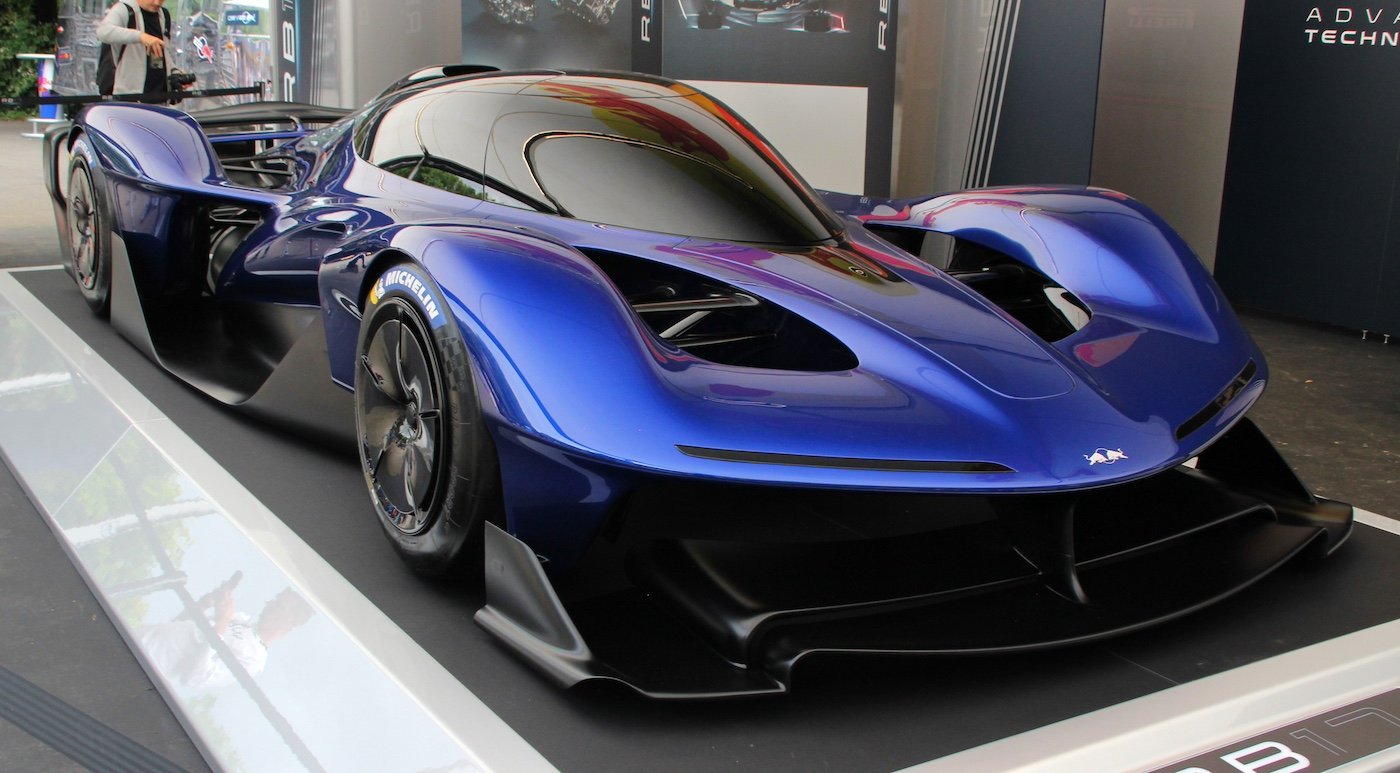eedless to say, it all began with Ferrari. The brand with the rearing horse logo invented the concept back in 2005 with its programme XX. The idea is simple: take a car which is already way over the top, make it even less practical, even more extreme and even more expensive, then sell it to a tiny selection of already select clients. A Machiavellic stroke of genius.
The first in the lineage, the FXX, was a track version of the Enzo. It was followed in 2009 by the 599XX, then in 2015 by the spectacular FXX K and FXX K Evo, derivatives of LaFerrari with over 1,050 PS, selling for around €3 million. The most recent addition? The 499P Modificata – the client version of the car that won Le Mans in 2023 and 2024 – which is faster than the original, because divested of all regulatory constraints.
Rival carmakers weren’t going to take that lying down. Aston Martin struck back as early as 2016 with the Vulcan: 24 examples, €2.3 million apiece. More recently, the British brand pushed the concept even further with the Valkyrie AMR Pro, a track version of the already extreme Valkyrie, thus offering two versions of one and the same model, one street-legal, the other exclusively track.
That trend was initiated by McLaren: having already released a GTR version of the P1, they went on to unveil the Solus GT, a futuristic single-seater inspired by the video game Gran Turismo. Lamborghini, not to be outdone, screamed onto the scene with its Essenza SCV12.
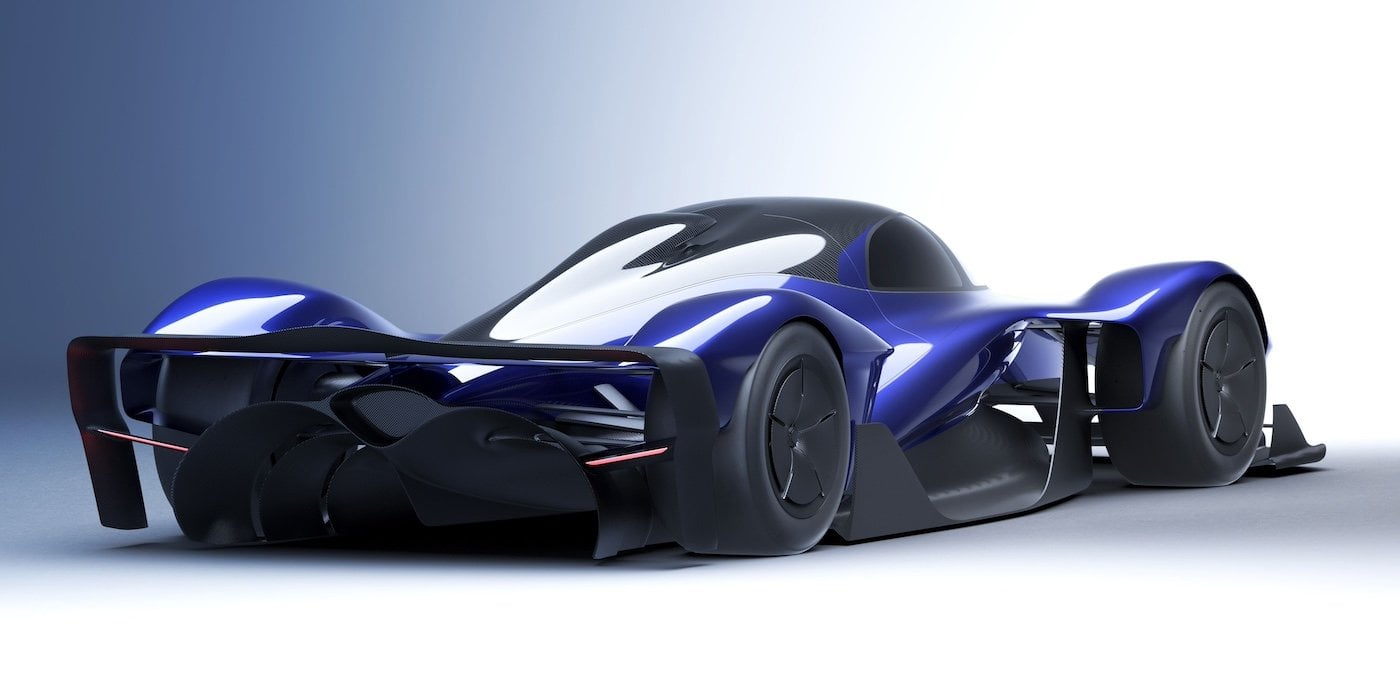
The idea is simple: take a car which is already way over the top, make it even less practical, even more extreme and even more expensive, then sell it to a tiny selection of already select clients. A Machiavellic stroke of genius.
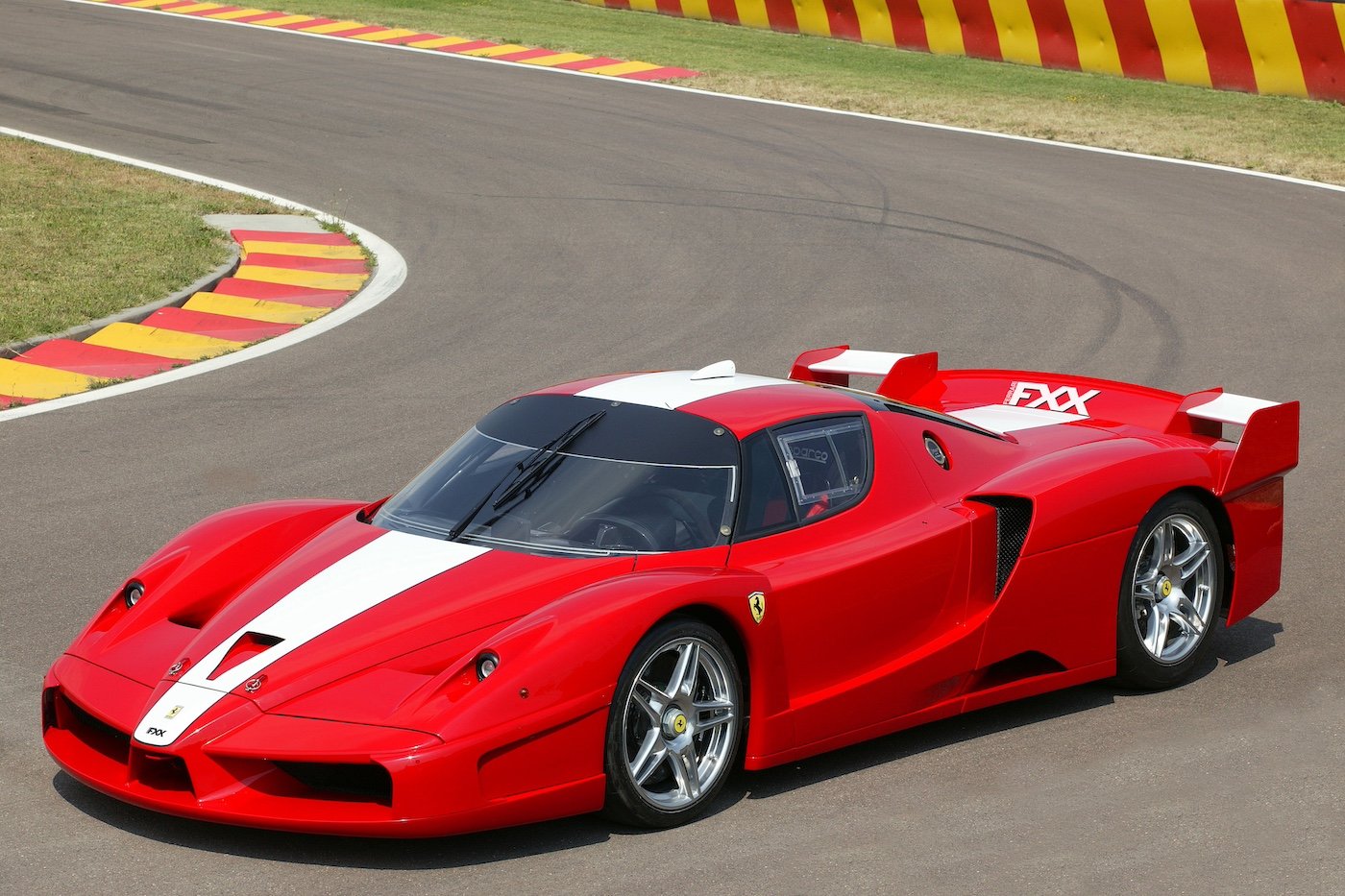
On its 70th anniversary in 2018, Porsche launched the 935, a limited series of 77 items, all of which sold in the blink of an eye. Even Bugatti joined the dance, with its aptly named Bolide (bolide means racing car in French), a 1,850 PS monster designed as the ultimate expression of the 16-cylinder engine which had been the brand’s beating heart for 20 years.
Interested? Whoa there – before you sign the cheque, the brand has to declare you eligible to buy the coveted vehicle. This means that even if you’re prepared to pay the stratospheric price, you also have to be in the manufacturer’s good books and have already purchased several road models. And that’s only for starters. These vehicles come complete with service worthy of a five-star hotel: transport, maintenance, storage, personal coaching, events and private races… Even so, some owners never touch the steering wheel, simply preferring to watch the value of their investment climb.
This trend towards track-only cars is also explained by the restrictive legal context: in the face of ever stricter environmental standards, getting an engine homologated for use on the road is becoming an uphill task. And so the manufacturers are choosing to circumvent the problem, reserving their most extreme engines for the track versions, free from all constraints. No standards, no problems!
Parallel to these futuristic projects, some brands are playing the nostalgia card with “continuation cars”. Aston Martin set the ball rolling with the DB4 GT Continuation, a modern recreation of its legendary 1960 racer. Bentley followed suit with its Blower Continuation, a faithful replica of the car that won Le Mans in 1929. More recently, Bizzarrini relaunched production of its 5300 GT Corsa Revival.
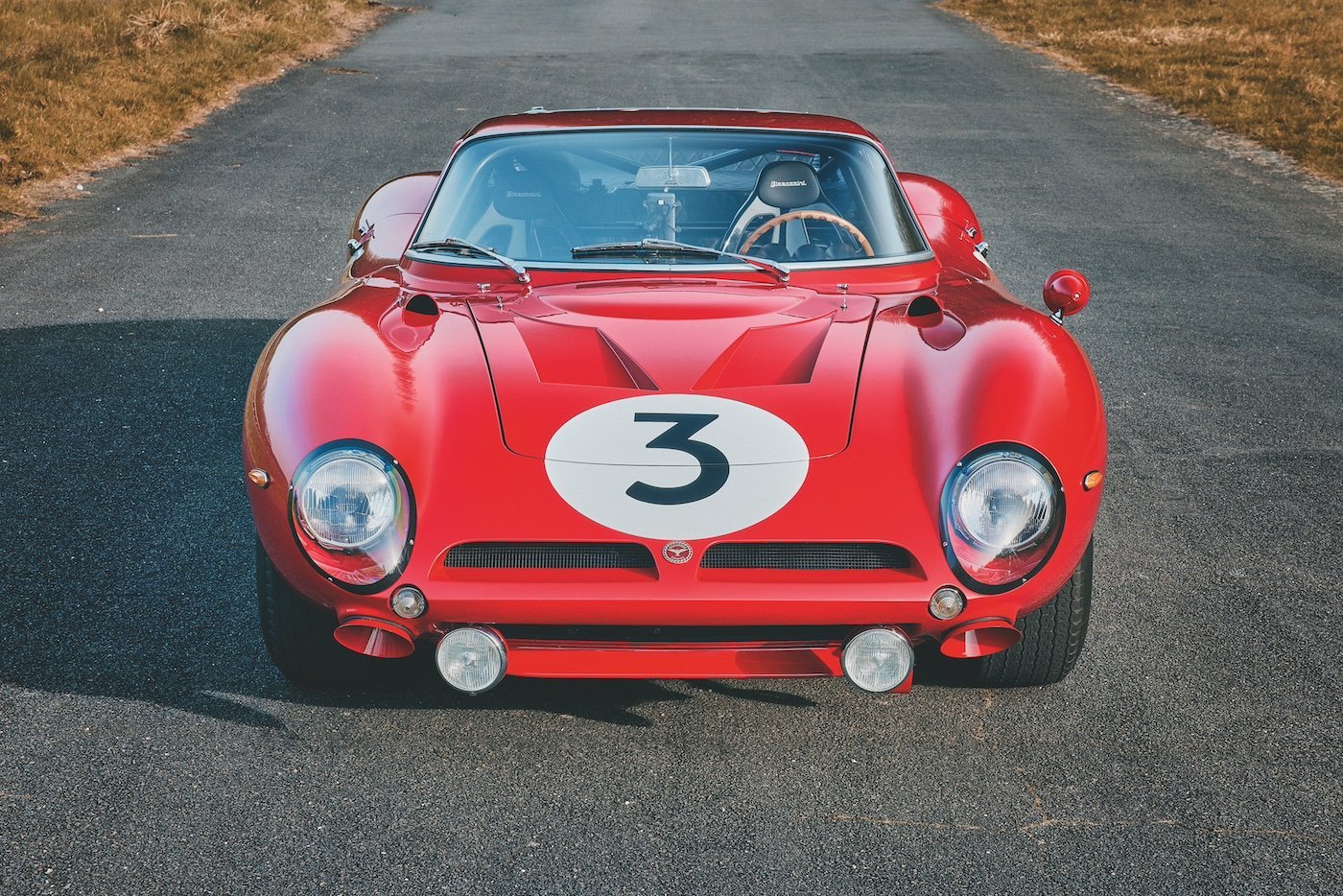
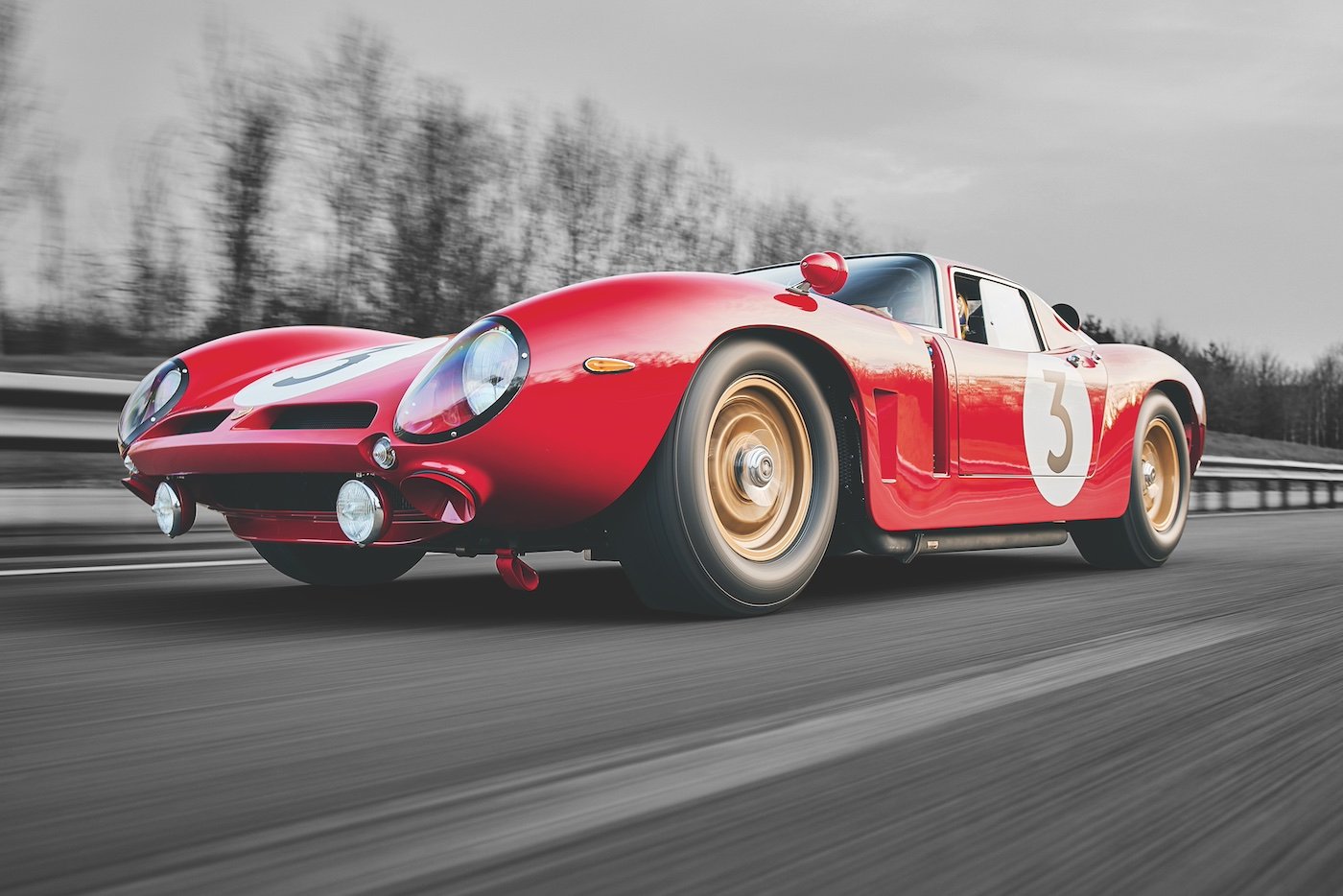
The latest sensation to date? The Red Bull RB17, the first car to be produced by the energy drinks giant. Developed by famed engineer Adrian Newey, it promises outstanding performance, capable of surpassing an F1 model on certain tracks. The price of this marvel of technology? Five million euros.
Despite prices fit to make even a tech billionaire turn pale, these vehicles are sold even before they are presented. In a luxury market which is constantly seeking differentiation, these cars represent top-drawer exclusivity: crazy performance, ultra-limited production and membership of a tightly closed club.
The latest sensation to date? The Red Bull RB17, the first car to be produced by the energy drinks giant.
